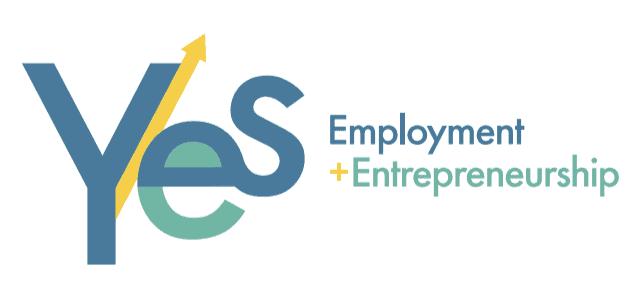Job hunting isn’t as straightforward right now as it was pre-pandemic. It’s been a rough year, but the Quebec government committed $4 billion over 5 years to help economic recovery, which means we can realistically expect the job market to start reopening. Whether you’re a recent grad, have been unemployed for a while, or are hoping for a career transition, this is good news. But as the market reopens, competition is bound to increase. Set yourself apart professionally by harnessing your natural superpowers, aka soft skills.
The trick is to focus on your soft skills, rather than your more clear-cut technical ones. As the saying goes, “Hard skills will get you hired, but no soft skills will get you fired.”
Soft skills = power skills
Your technical or ‘hard’ skills are undeniably important – they represent the knowledge you’ve built through years of education and training. But your soft skills are what set you apart from other candidates who possess the same technical qualifications as you. Also known as people skills or interpersonal skills, power skills include strong communication, flexibility, empathy, and leadership. These are skills that can only be learned through unique life experiences. They’re what make you shine and allow you to stand out on your CV, in an interview, or on the job.
Questioning whether these skills are really that important? They are. Research shows 67% of HR managers would hire a candidate with strong soft skills even if their technical skills were lacking, while just 9% would hire someone with strong technical skills but weak soft skills.
Why soft skills are so important
- They’re transferable across industries. Learning to emphasize your soft skills widens your job search to include any jobs you can do, rather than limiting you based on what you’ve studied or past jobs you’ve held.
- They help you feel more qualified. Hot tip: use soft skills to fill gaps in your technical qualifications. Lack of direct experience is not necessarily a barrier to landing a job. After all, the number one skill CEOs ask for is “willingness to be flexible, agile, and adaptable to change.”
How to rethink & reframe your soft skills as POWER skills
- On your CV and in interviews: don’t stop at describing the concrete tasks you’ve accomplished. Demonstrate how you managed time, resources, people, emotions, and intimidating challenges to meet with ultimate success. Interview questions that begin with “tell me about a time when…” are the perfect opportunity to flex these power skills.
- If the job calls for “a capacity for innovation and creativity,” relate it back to your artistic capacities, your resourcefulness, or your problem-solving skills.
Your soft skills are what make you unique and you can only develop them by learning from life’s lessons. YES’ Employment Counsellors can help you identify your power skills and craft your career story for potential employers so that you can give yourself the credit you deserve. It will help boost your confidence and employers’ confidence that you’re the one they’ve been looking for.

